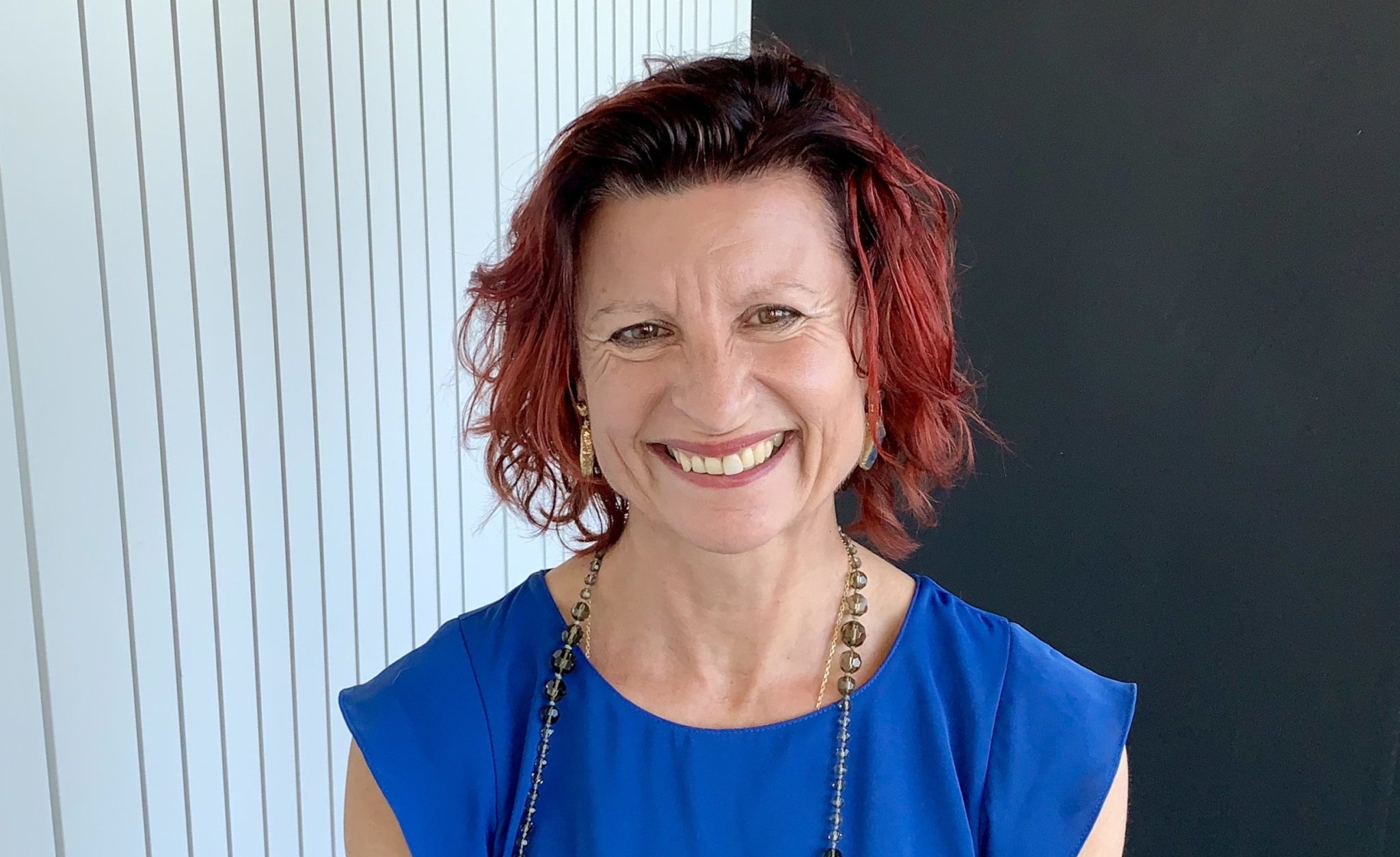
A new cancer-causing gene and protein which creates highly aggressive hard to treat breast cancers has been discovered by cancer researchers at the Harry Perkins Institute.
The discovery has been published in the world renown Nature Communications journal.
A team of researchers lead by Associate Professor Pilar Blancafort, Perkins’ Cancer Program Head and Group Leader for Cancer Epigenetics, made the discovery after analysing a major collection of data from Stanford USA of thousands of breast cancers.
Pilar said her team looked at the hormone receptor positive cancers with the worst outcomes and analysed how they were different from cancers with better survival rates.
“Hormone sensitive cancers make up 70% of all breast cancers. They usually have better outcomes for patients than the hormone receptor negative ones, such as triple negative breast cancer.
“However, we found a small percentage of patients experience a very aggressive cancer that results in the worst outcomes of all breast cancers, with half of all women dying from the disease.”
This group was previously not recognised as a sub-group of hormone sensitive breast cancers.
“When we looked at these cancers, we found that approximately 1 out of 4 women diagnosed with this aggressive disease carry an amplification, or high level of this gene, and that the presence of the gene is associated with larger tumours, with cancer spread into lymph nodes and with treatment resistance.
“What we needed was to find a way to identify them and then find other targeted strategies to treat them,” says Pilar.
Pilar and her team discovered these aggressive cancers with extra copies of the particular cancer-causing gene use this gene to make a cancer driving protein at higher than normal levels.
“This protein is not like any other protein yet discovered, it is unique. It has a different structure or shape to all other proteins so far discovered in the human body.
“It promotes growth of the cancer, but it is unusual in that it does so independently of the estrogen and progesterone, the hormones in breast tissue which are typically the major controllers of cell growth in the breast tissue.
“As a result, this cancer protein makes the breast cancer unresponsive to anti-cancer hormone treatments typically used to treat hormone sensitive breast cancers,” she says.
The newly discovered protein can reprogram the metabolism of breast cancer cells, making them more adaptable when cancer treatments starve them of nutrients and energy supplies.
Usually starving hormone receptive breast cancers of estrogen causes them to shrink, but in this sub-group starving them of estrogen triggers a signal that actually causes the tumour to grow.
“We believe the cancer promoting function of this protein is to act as a ‘survival kit’, allowing tumours to adapt to conditions during treatment.
“Identifying this small group is a major step forward,” Pilar says.
By using new drugs which block the pathways the protein creates to promote cancer cell survival, it may become possible to kill these cancer cells directly and restore their sensitivity to usual hormone treatments. Hopefully this will dramatically improve the poor outcomes these patients currently suffer.
~~~~~
To download and read the full Nature Communications journal article, click here.
~~~~~
Hear about Associate Professor Pilar Blancafort’s recent amazing discovery of a new cancer-causing gene and protein in aggressive cancers.
Watch this video.
